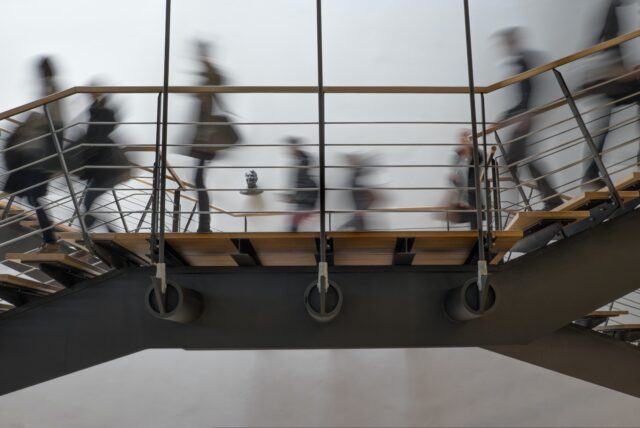An article in Nature by Anne Gulland highlights the benefits of slow productivity; that is, working at a natural pace, completing fewer tasks, and focusing on quality. The article profiles the work of Cal Newport (Georgetown University), who collected examples of academics and knowledge workers throughout history who embraced slow productivity, including Maya Angelou, Richard Feynman, and Marie Curie. Newport urges academics to reject the “performative busyness of the modern workplace” and free themselves from the distraction of frequent virtual meetings and long email chains. In so doing, Newport argues, academics will have more time for tasks that require deeper thinking and reflection. Gulland also speaks to Maya Gosztyla (University of California San Diego), who points out that this approach may not always be conducive to researchers who conduct lab-based or other experimental work.
